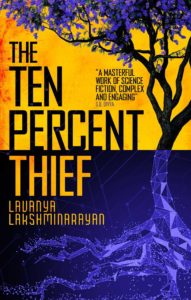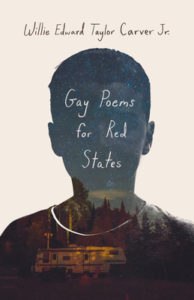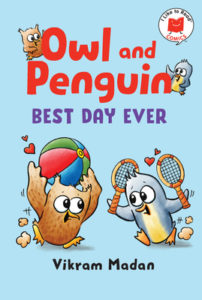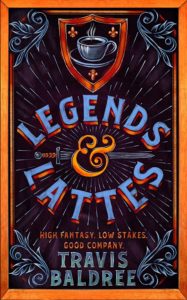Two novellas in the world of The Last Unicorn? Yes, please.
“Two Hearts,” the first, is closer in tone to Beagle’s classic novel. Sooz, who is nine when the story begins, tells of what happens when the griffin who has settled into her village’s woods stops eating sheep and goats, and starts taking away children instead. Wilfrid, her older brother, says that Sooz screamed for three days after just seeing the griffin in the distance at night, “but he’s lying, and I didn’t hide in the root cellar either like he says, I slept in the barn those two nights, with our dog Malka. Because I knew Malka wouldn’t let anything get me.” (p. 4)
The villagers don’t know what to do, and when the griffin starts to take children they send messengers to the king to ask for help. And help duly comes, but it does not go well.
The first time, it was one knight, all by himself. His name was Douros, and he gave me an apple. He rode away into the Midwood, singing, to look for the griffin, and we never saw him again.
The second time—after the griffin took Louli, the boy who worked for the miller—the king sent five knights together. One of them did come back, but he died before he could tell anyone what happened.
The third time an entire squadron came. I don’t know how many soldiers there are in a squadron, but it was a lot; and they were all over the village for two days, pitching their tent everywhere, stabling their horses in every barn, and boasting in the tavern how they’d soon take care of that griffin for us poor peasants. They had musicians playing when they marched into the Midwood—I remember that, and I remember when the music stopped, and the sounds we heard afterward.
After that, the village didn’t send to the king anymore. We didn’t want more of his men to die, and besides they weren’t any help. (p. 5)
Then one day the griffin takes Sooz’s best friend Felicitas, and that very night she sets out to see the king herself. She hides in her uncle’s cart and rides along towards town—she figures the king can’t live far from there—and slipping out again just about dawn with her uncle none the wiser. Only then does Sooz think that she doesn’t even know the king’s name (“He’s just the king“), and she doesn’t have the faintest idea where his castle is. Beagle shows a nine-year-old’s view of trying to find the right direction, getting increasingly lost and regretting that she only took a piece of cheese from home. She’s run out of path and is pushing into a forest when she hears first a stream, then horses whickering, then two people talking, a man and a woman.
Sooz thinks they haven’t noticed her, even though the woman said to the man “The greatest wizard walking in the world, and your back hurts?” but then a little later he says “Child, there’s food here” and Sooz approaches: “I started remembering how hungry I was, and I started toward them without knowing I was doing it. I actually looked down at my feet and watched them moving like somebody else’s feet, as though they were the hungry one, only they had to have me take them to the food.” (p. 15)










